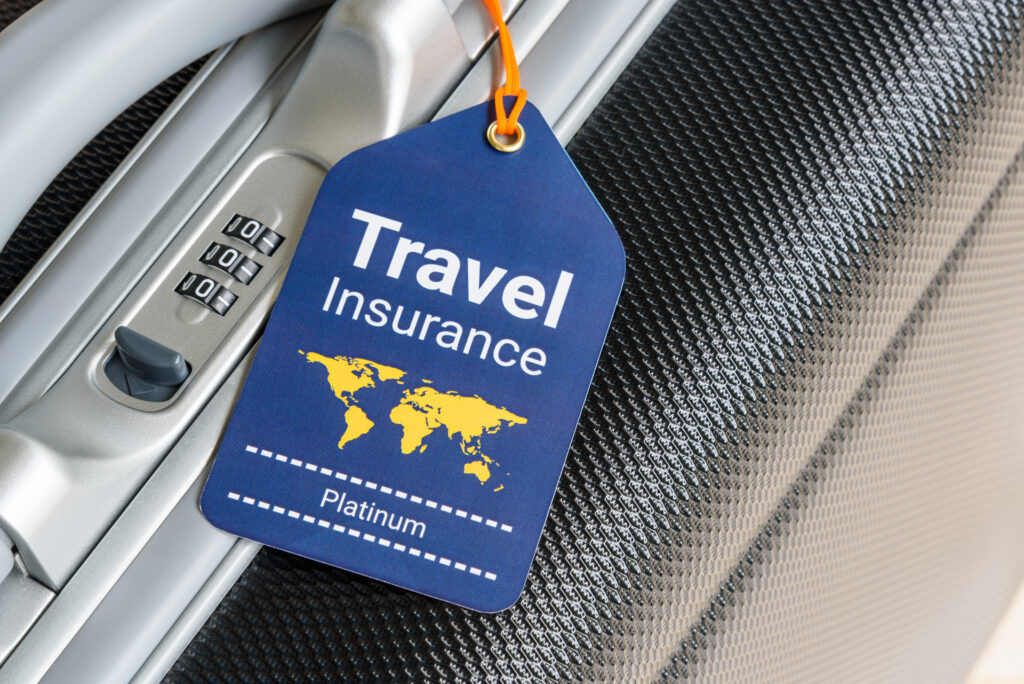The repatriation of remains is a deeply sensitive and important process, as it ensures that individuals who have passed away abroad are returned to their homeland with dignity and respect, providing closure for families during a time of grief.
We asked expert, Dan Stretch of Global Rescue Operations, based in the US, to explain the process and what it entails. Dan is a Senior Manager and has coordinated hundreds of evacuations and crisis response operations worldwide.
“Living wills, Power of attorney and Health care directives. These are just some of the end-of-life decisions that no one wants to talk about, or even think about. If you’re a traveller, mortal remains transport is another decision on that list to ensure that a person’s dead body is brought back to their home country.”
Why should we have repatriation protection?
Repatriation protection eliminates the high cost of transporting someone back home due to medical or security emergency, unpredictable natural disaster or death while abroad. Air ambulance costs can be as high as hundreds of thousands of dollars depending on distance and location and is almost always beyond the budget of most travellers. Global Rescue offer this under their membership scheme so it would be wise to check with your/other insurers if they offer the same benefits.
What does it cover?
Global Rescue membership includes transport of a member’s mortal remains to their home country. There are several areas where our medical and security operations experts take the weight off your shoulders by arranging mortal remains transfer including; documentation, cultural considerations – like religion, time sensitivity, autopsy or cremation, country requirements, type of transport, and personal belongings.
What happens when someone dies abroad?
There are various bureaucratic processes to follow depending on the location. These will involve a collaborative effort with the individual’s home embassy or consulate, local authorities, family, and funeral home. Travel crisis membership with Global Rescue helps reconcile these various authorities and coordinate the numerous requirements to transport the remains.
Depending on the country of origin, the transport process can be complex, and the determination of local procedures for handling mortal remains accounts for a majority of the documentation. Each country has its own guidelines.
Are the persons travelling with the deceased able to stay for say a post mortem or do they have to leave before the body is released?
Depending on the location, traveling companions can stay with the deceased until the remains are repatriated. We have arranged mortal remains transport where the family has been able to join the same flight home.
How is the body transported?
Full body repatriation involves the remains being embalmed or placed in a hermetically sealed casket and transported as commercial air cargo to the home country where the home funeral provider will transport the remains to the location selected by the next of kin. In some circumstances, family members will opt for the remains to be cremated, allowing them to physically carry the remains with them in the cabin of a commercial aircraft.
Do you have to notify an undertakers back at home?
If you are transporting the full remains, there is a requirement for an undertaker to collect the remains and complete the transport. For cremated remains, this is unnecessary and the cremains can be hand carried by the family or collected themselves.
Does the body come back on a commercial flight or private?
Generally, remains are transported on commercial flights in the cargo hold. There are circumstances where private flights are involved, for example, if safe to do so, Global Rescue will transport remains from remote locations where commercial flights are unavailable.
Does it differ from country to country?
Each country has different rules and documentary requirements for the transport of remains. Different States in the U.S. will have different requirements for transport, as an example, some will require the remains to be embalmed, others will not. In addition to complying with the rules of the various authorities involved, commercial airlines will have differing rules and regulations. Mortal remains transport that involves working with two country’s rule books, and often, an airline working under the rules of a third country.
What happens if you have no protection or insurance?
Without mortal remains insurance the next of kin is expected to navigate the process and finance any transport.
Global Rescue was founded in 2004 to provide travellers a better way to get help when they experience a medical or security emergency away from home. Today, Global Rescue provides the only vertically integrated duty of care and travel risk management solution to leisure and business travels, organizations, corporations and governments. Our track record includes more than 25,000 operations worldwide saving lives and protecting our members. These include evacuations during some of the world’s most challenging crises, including Hezbollah’s war with Israel, the COVID-19 pandemic, the Arab Spring, the earthquakes in Haiti and Nepal, and hurricane Maria in Puerto Rico.


